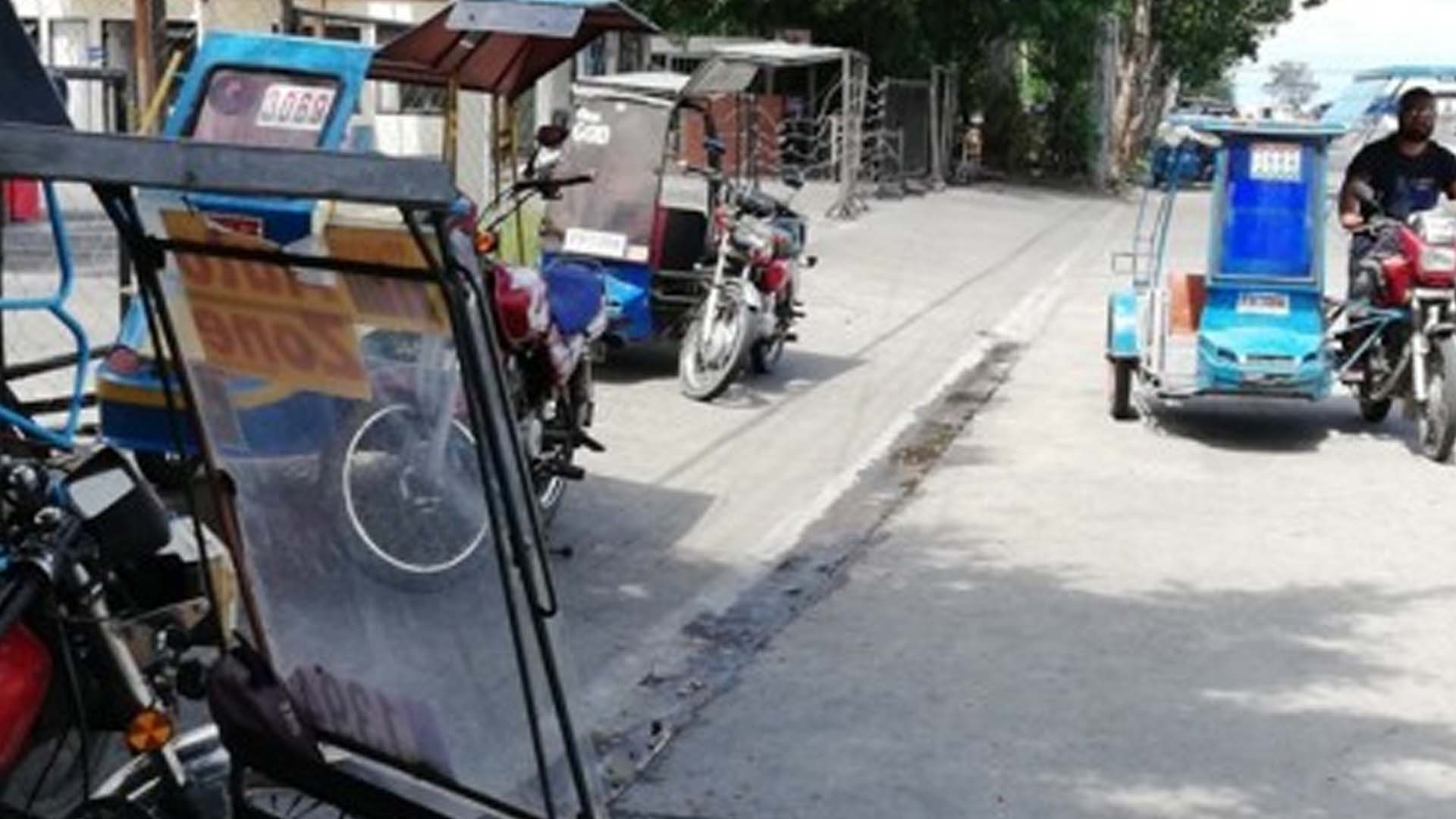Tricycles and trisikads (pedicabs) will be back on the road in all towns and cities in Negros Occidental, excluding Bacolod City, this coming April 20 as part of the adjustments in the ongoing enhanced community quarantine (ECQ) in the province.
“We will continue with our ECQ up to April 30 but with a few changes. Starting April 20, we will allow limited public transport,” Governor Eugenio Jose Lacson said in a Facebook Live press briefing on Wednesday afternoon.
Tricycles will be allowed to ply with up to three passengers only while trisikads will be able to travel with only one passenger.
“This will slowly allow this sector to start earning an income. These drivers are one of most-hit because of the ECQ. We all know that they are daily wage earners and we feel that by allowing some sort of normalcy, this will lead to a wider scope,” the governor said.
Lacson said the move to allow limited public transport was decided during his consultative meeting with Vice Governor Jeffery Ferrer, Capitol consultant Alfredo Benitez, and the local chief executives and representatives of the 31 towns and cities in Negros Occidental.
Also starting April 20, construction projects — whether government or private — will be allowed to proceed, he added.
On April 8, Lacson issued Executive Order (EO) 20-20-A to extend the ECQ in Negros Occidental, from the initial March 30 to April 14, up to April 30, as part of intensified efforts to prevent the spread of the coronavirus disease 2019 (Covid-19).
In EO 20-20, which provided the initial ECQ period until April 14, Lacson suspended the operations of all public utility vehicles, including buses, jeepneys, taxis, V-hire vans, tricycles, e-tricycles, trisikad and similar forms in the province.
He also directed strict home quarantine in all households and limited movement to accessing basic necessities. Also, provision for food and essential health services has been regulated and there is heightened presence of uniformed personnel to enforce quarantine procedures. (PNA)







